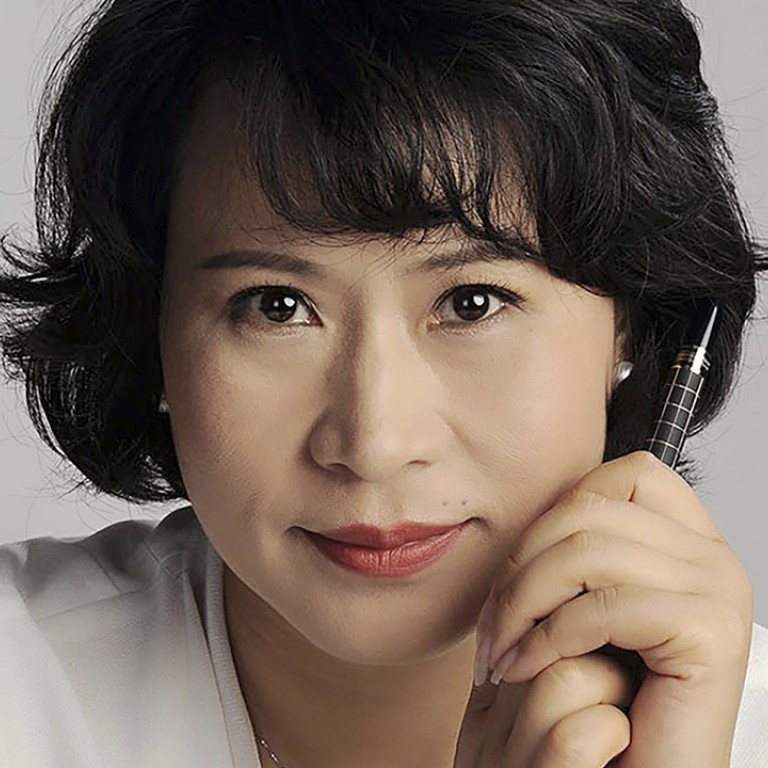
Yinghan Assets makes post-investment management its priority
And there’s a lot more to that than just ‘sending one or two executives to the project and flipping through financial statements’, says Xie Ping, its founding partner and president
Navigating property investment in China can be a tricky task. Everything can be working well and look perfectly on track, before something unexpected throws a spanner in the works: policy changes, a meltdown in cashflow or chicanery by partners, can wreak havoc on entire businesses.
Xie Ping, founding partner and president of Yinghan Assets, a Shanghai-based real estate private equity (PE) firm that manage 16 billion yuan($2.4 billion) asset, knows this all too well.
“Many real estate PE professionals tell me they have never come across much trouble. But my instant reaction is: ‘you’re too young. You can’t claim you can manage a mature fund until you have run into some kind of trouble’.”
What makes her so risk-aware is a 20 year career in China’s property sector, working with and for developers, trust companies and PE funds.
She has drawn lessons from past woes, from miscalculation of market prices, to product positioning failures, budget overruns, and developers embezzling funds.
That has now driven her, she says, to set “post-investment management” as her top priority, and the hallmark capability of Yinghan when she co-founded the fund in 2014.
“Most PEs calculate a project’s profitability prospects with various financial models before investing. The problem with this approach is, most of China’s real estate projects, like babies, were born healthy.
“It is often in the post-investment management phase, or their growing-up, that problems arise, “Xie said.
That approach has made Yinghan something of an oddity in China’s fledging asset management industry, in which managers compete with each other to channel bank funds into projects, often with an emphasis on growing scale while paying little attention to active management.
Xie says her company has devoted over half her personnel and capital to “post-investment management”, and that her rigorous risk-control measures have scared some customers away. Sometimes she can’t help herself lamenting “Gresham’s Law”: bad money drives out good.
“Post-investment management is not just about sending one or two executives to the project and flipping through financial statements,” she said.
“It’s about a whole set of procedures and having a professional team which has worked with developers and understand how they work. This is why we seldom invest outside of property.”
To mature the company’s management style, Yinghan has created separate research and development, and cost-control and marketing centres, beyond just project offices.
Her people can solicit professional support from these centres at every stage and on every aspect of each development.
Xie boasts an R&D team which has mostly come from China Vanke, one of China’s biggest housebuilders and well known for its high quality of product.
This has also helped push the company to “scale up” in each field, or in Xie’s words, “standardisation”, akin to a Ford assembly line.
Its standardisation efforts include two brick-thick “working manuals”, to instructing managers on each finer point of a project. The manuals are updated constantly, Xie said.
This explains why Yinghan, though relatively small in terms of assets, is already sending teams to work on outside projects, and collecting consultancy fees.
Xie says her team might miss some opportunities, but her experience has taught her “controlling your desire” for more business is a virtue.
“If your house catches fire and your property management team keeps telling you to come home to the rescue, it’s a mediocre one,” she adds.
“Good managers should know instinctively how to help you put out the fire before you get there.”

